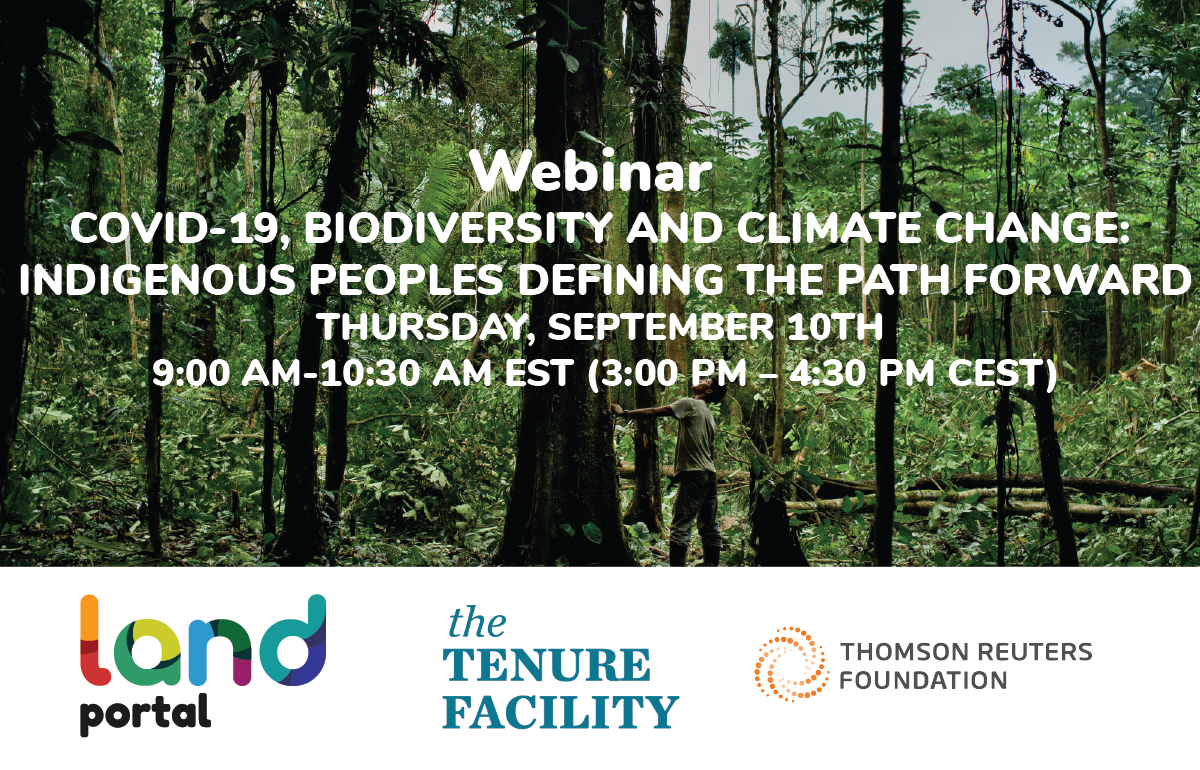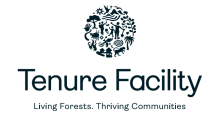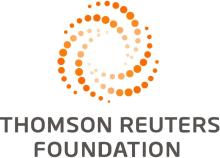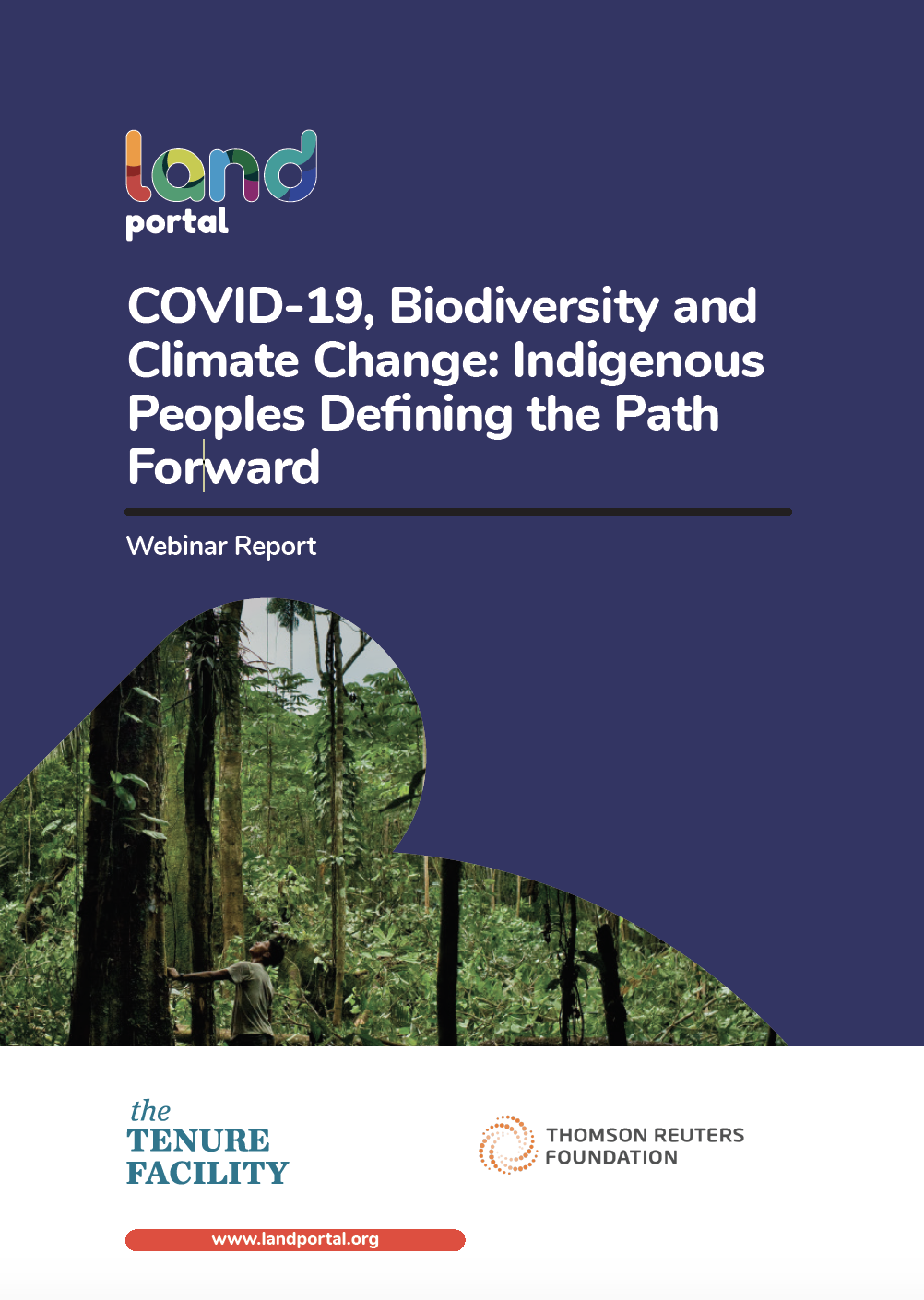Indigenous Peoples and local communities manage more than half of the world´s land. These biodiverse ancestral lands are vital to the people who steward them and the planet we all share. But governments only recognize indigenous and community legal ownership of 10 percent of the world´s lands. Secure tenure is essential for safeguarding the existing forests against external forces. This is specifically true for forests managed by Indigenous Peoples, where much of the world’s carbon is stored.
Recent research states that the recognition of customary tenure in these areas is a highly efficient and cost-effective way to reduce greenhouse gas emissions caused by deforestation. Strengthening the land and resource rights of Indigenous Peoples and local communities whose well-being is tied to their forests offers a unique and vital opportunity to combat climate change, and is one of the best nature-based solutions. Recent research – captured in reports by the IPCC, IPBES, and others—shows that community land rights lead to lower deforestation rates, higher carbon storage, and higher biodiversity. Communities manage nearly 300 billion metric tons of carbon. Ensuring that Indigenous Peoples and local communities’ rights to these lands are recognized and protected is vital to keeping the forests standing, and the carbon from being released into the atmosphere. In countries that provide stronger legal rights to indigenous communities to own and manage forests, there is an overwhelmingly positive correlation with reduction of land degradation, and the stabilizing of forested landscapes.
As the world faces an urgent need to reduce carbon emissions from deforestation and forest degradation, more than 26 million hectares of forest are still being cut down every year. To understand the connection between land rights and climate change, it is crucial to recognize that most of the world’s forests are managed by local and indigenous communities. However, environmental degradation from deforestation and loss of biodiversity, environmental pollution, contamination of rivers and water sources and extractive industries have had a negative impact on indigenous communities.
This webinar explored the resilience of Indigenous Peoples and their capacity to face the impacts of climate change indigenous landscapes and their community responses based upon fine-tuned local knowledge. It explored direct actions being taken by indigenous communities to defend their territories against those who seek to profit from the COVID-19 crisis and undermine these efforts.
Moderator

Zoe Tabary
Property Rights Editor
Thomson Reuters Foundation
Panelists

Dr. Carlos
Zambrana-Torrelio
Associate Vice President
Conservation
and Health
EcoHealth Alliance

Hindou Oumarou
Ibrahim
Coordinator
Association for Indigenous
Women and Peoples
of Chad (AFPAT)

David Kaimowitz
Senior Advisor
Climate and Land
Use Alliance

Calisto Ribeiro
Rural Association
for Mutual Support
(ORAM)






